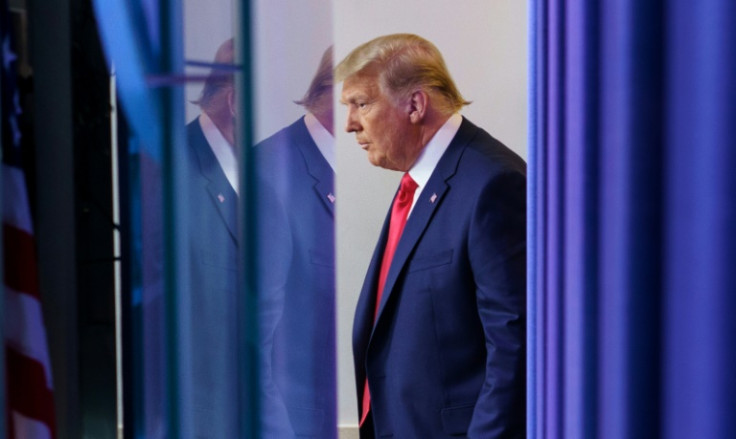
The Supreme Court has announced that it will hear Donald Trump's claim of presidential immunity on April 25, marking the final day of oral arguments. The roots of this case trace back to a lower court's dismissal of Trump's immunity plea, contending that he was shielded from prosecution for the actions he took as president to challenge and overturn Joe Biden's 2020 election triumph.
The decision comes a week after the top court agreed to take up the case and put the criminal prosecution by Special Counsel Jack Smith on hold, providing Trump a legal respite.
Smith's charges against Trump include conspiring to defraud the United States, obstructing the congressional certification of Biden's electoral victory, conspiring to do so, and conspiring against Americans' right to vote.
Trump, the first former president facing criminal charges, is now on the path to becoming the Republican nominee for the Nov. 5 presidential election, with his last rival, former South Carolina Governor Nikki Haley, withdrawing from the race.
The legal battle places the nation's top judicial body, featuring a 6-3 conservative majority, including three justices appointed by Trump, at the forefront of the election fray.
In a separate development earlier this week, the Supreme Court handed Trump a major victory by ensuring his inclusion on the presidential ballot. Justices barred states from disqualifying candidates for federal office under a constitutional provision related to the Jan. 6, 2021, Capitol attack.
The U.S. Court of Appeals for the District of Columbia Circuit had earlier ruled 3-0 against Trump's immunity claim on Feb. 6, rejecting his bid for "unbounded authority to commit crimes." Smith brought four federal criminal counts against the former president in August 2023, with the trial date postponed to address Trump's immunity claim.
Trump faces three other pending criminal cases, including a trial in New York state court concerning hush money paid to a porn star. It is scheduled to begin on March 25. Pleading not guilty to all charges, Trump portrays them as politically motivated.
The upcoming Supreme Court hearings hold significant implications, as they may influence Trump's potential return to the presidency and the outcome of the election subversion case.





